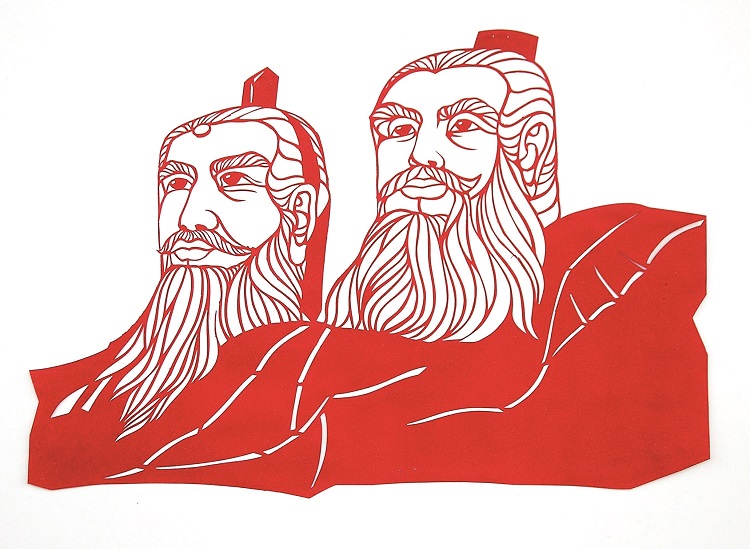Everybody thinks they know what tai chi is: raise that leg, swing this arm, all in slow motion. Few, however, understand much about the thought behind it – most expats don't even know what tai chi actually means.
Tai chi, or tai ji chuan (太极拳) as it is actually pronounced in Mandarin, is a centuries-old Chinese exercise that literally translates into ‘supreme ultimate fist,’ though it is sometimes rendered as ‘boundless fist.’
More than just an exercise with self-defense tagged on, tai chi releases stress and induces calm, which is a precondition of its philosophy. Qi gong (气功, ‘life energy cultivation’) is the area of tai chi that teaches breathing, meditation and relaxation.
For those who like things a bit rougher, tui shou (推手, ‘push hands’) is tai chi’s form of sparring, using an opponent’s own weight against them; unbeknownst to many, the art’s weapons of choice are swords and sticks.
Tai chi is based on the Chinese philosophy of yin and yang, which advocates keeping opposing energies in balance. Yin (阴) is the female or negative principle in nature – dark and mysterious. Yang (阳) is described as masculine in character – active, bright and positive. Tai chi uses this concept to form a motion-based meditation for the mind and body.
Unlike the kung fu in TV shows or movies, tai chi maintains that motionlessness is as important as movement. Action and inaction, speed and slowness: these are its main tenets – practitioners stand straight but not still, supple but not limp. Attacks are poised and powerful, the leisurely gesture suddenly transforming into a rapid strike. Just like Dad in the face of Mum’s verbal onslaught, softness is used to resist force.
So next time you see your neighborhood street gang of elderly folk indulging in the pastime, stop and contemplate the physical and spiritual mechanics – you might even join in for a sequence or two!






















0 User Comments